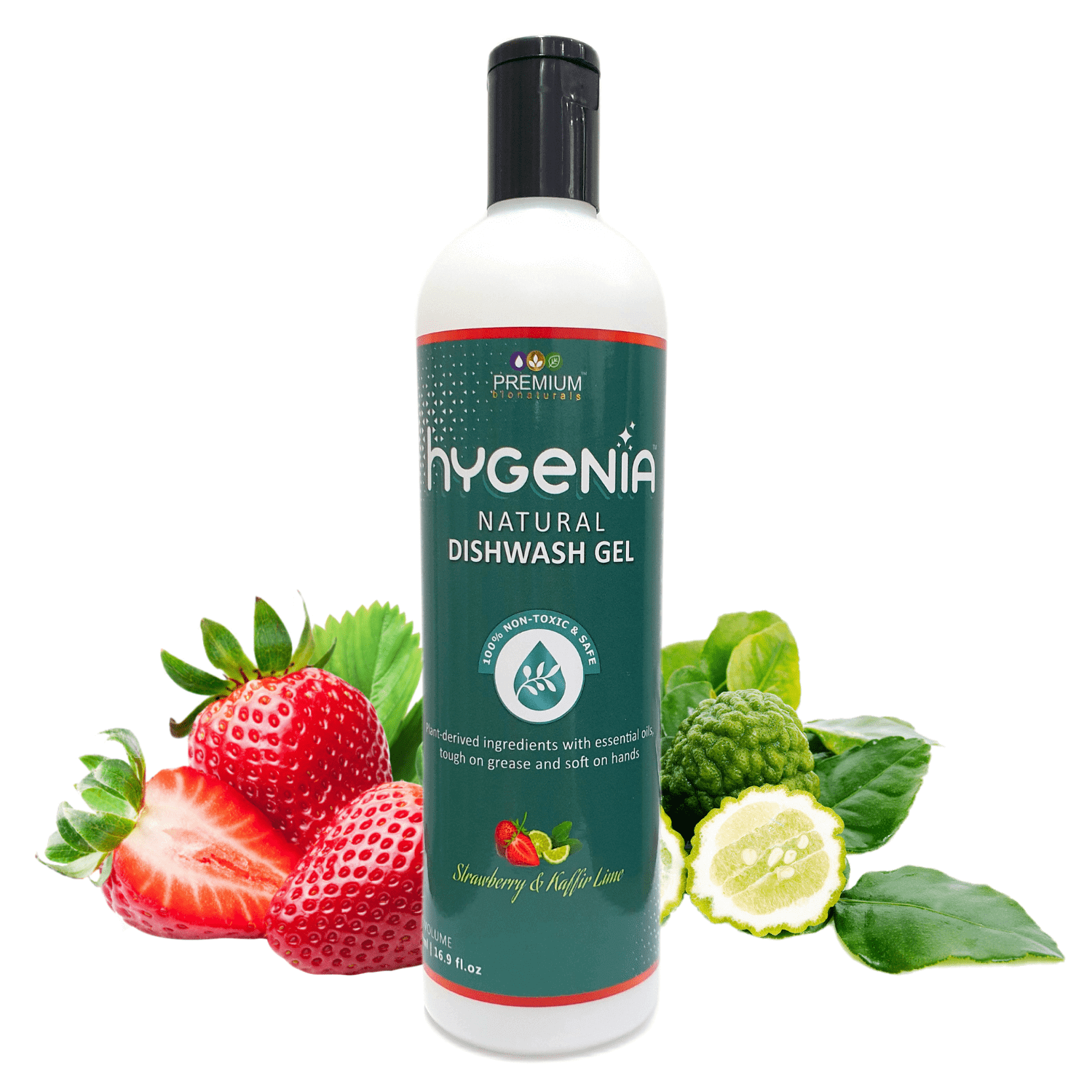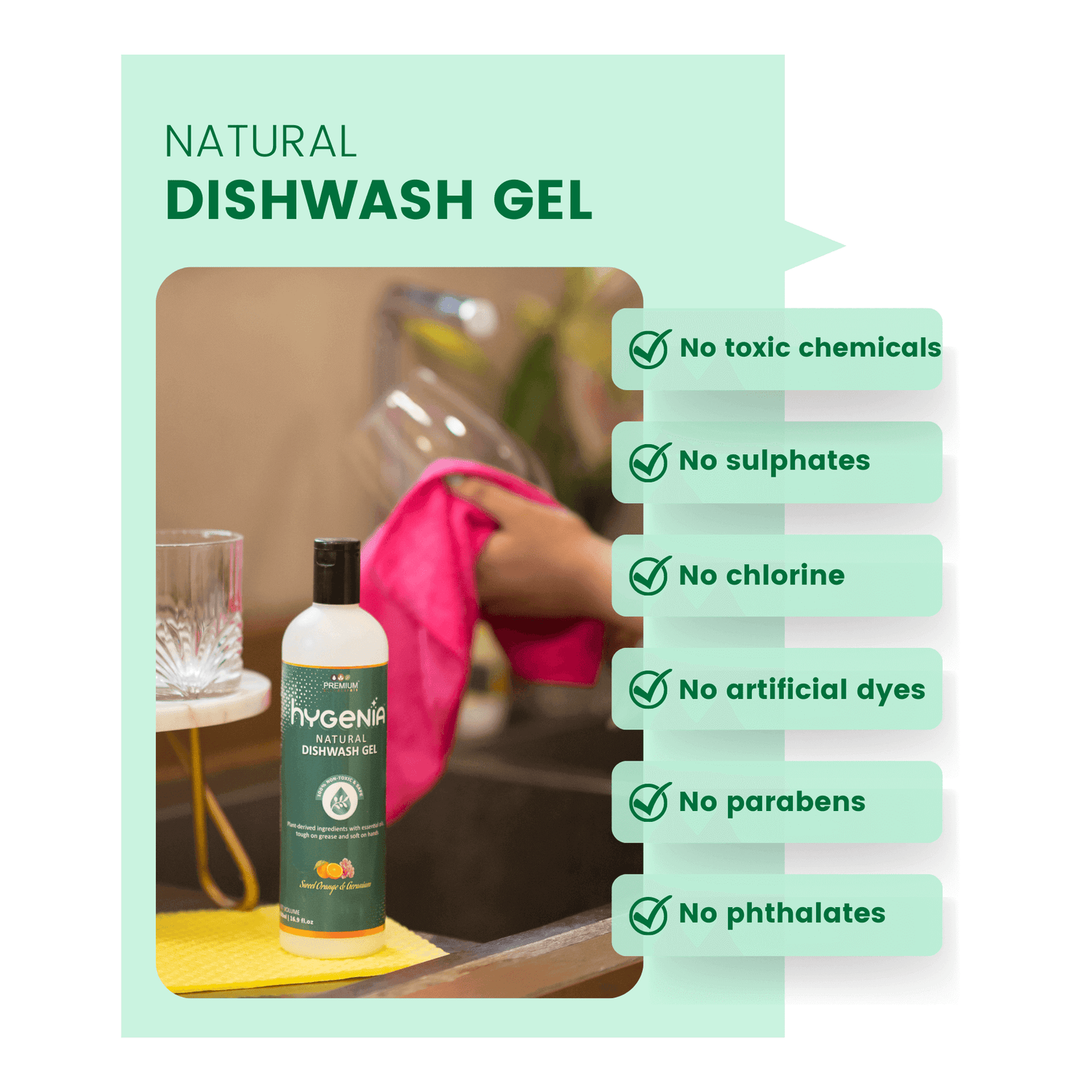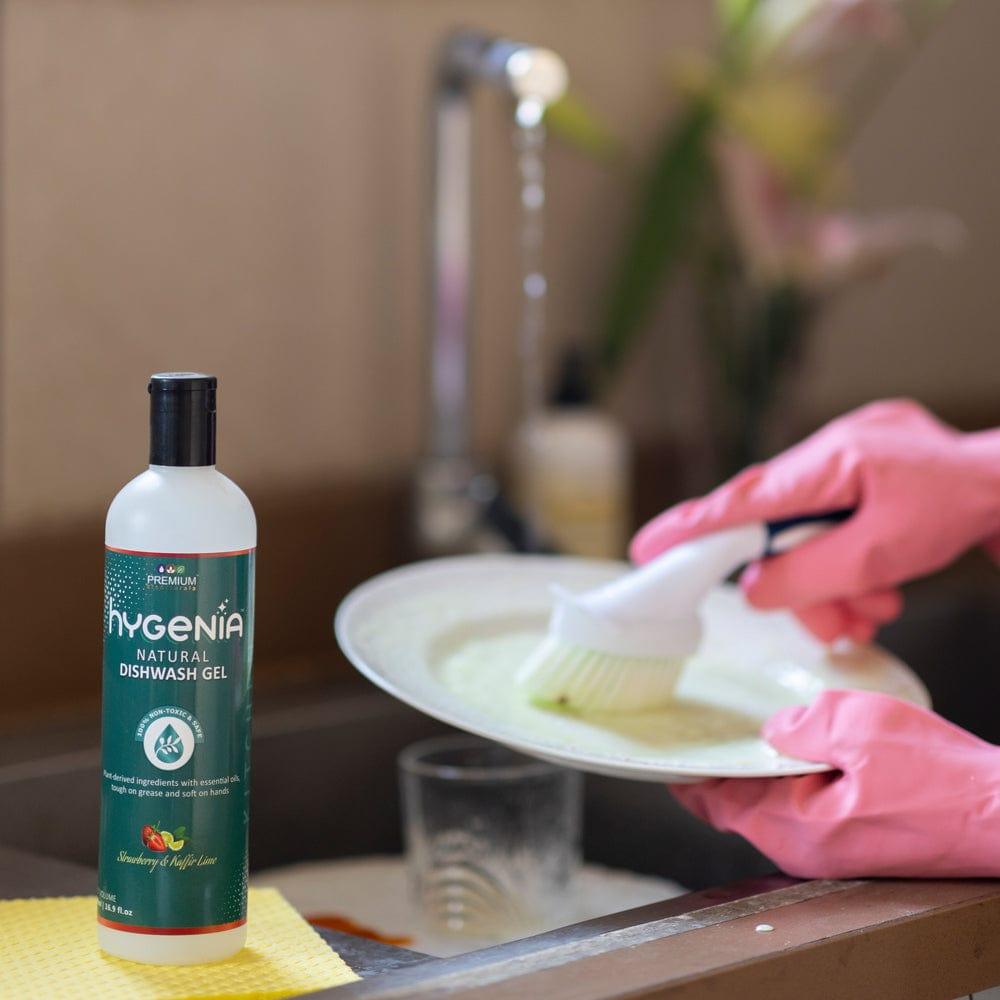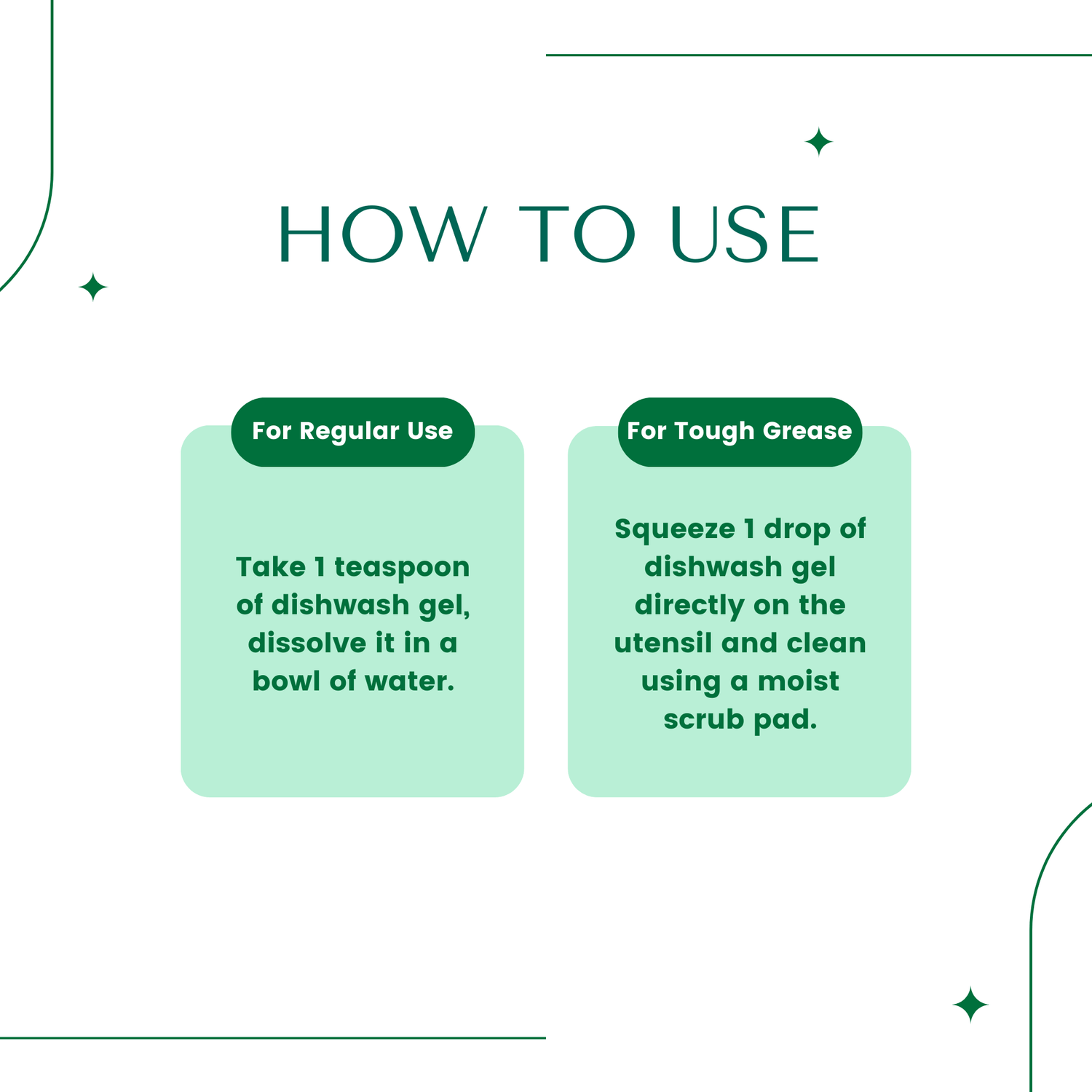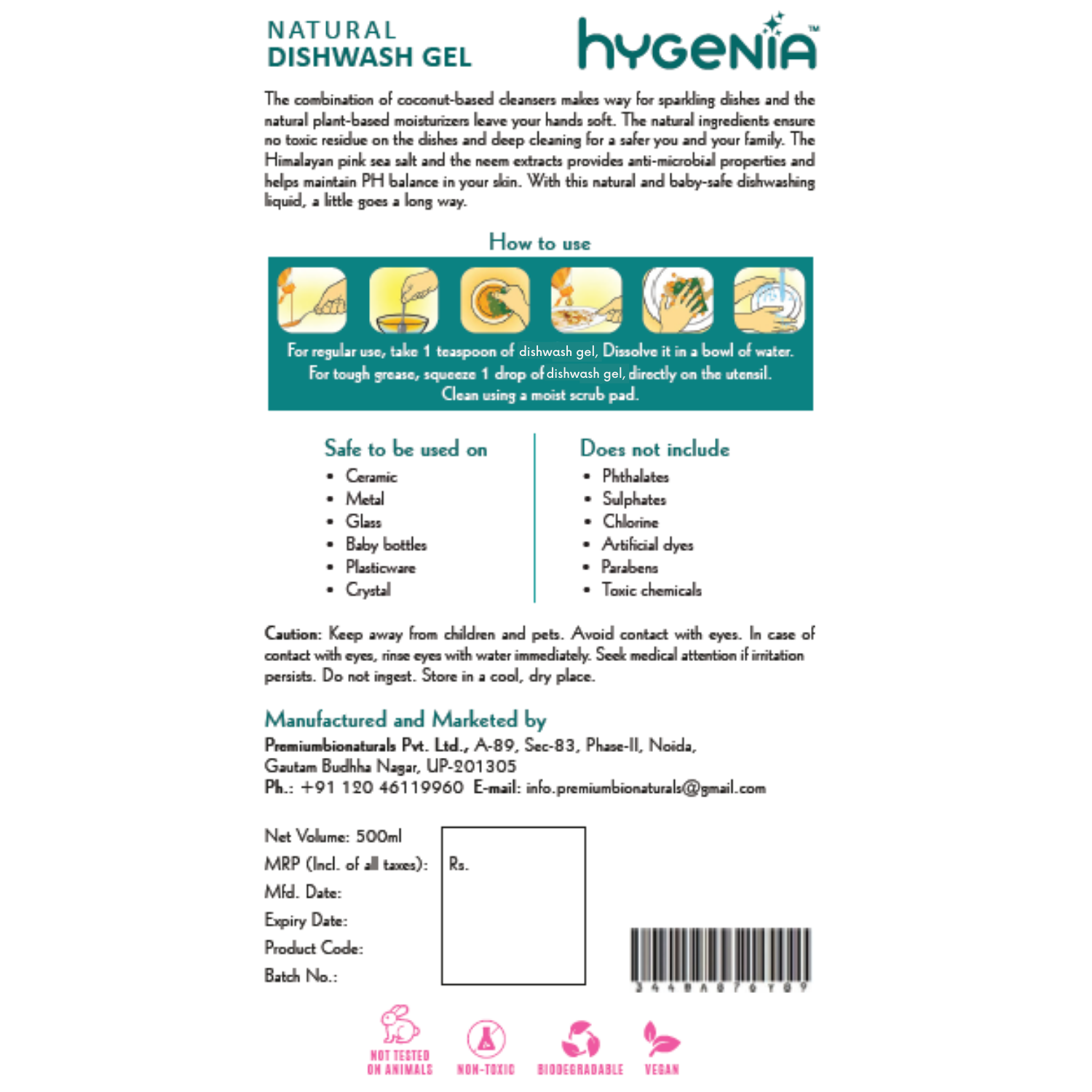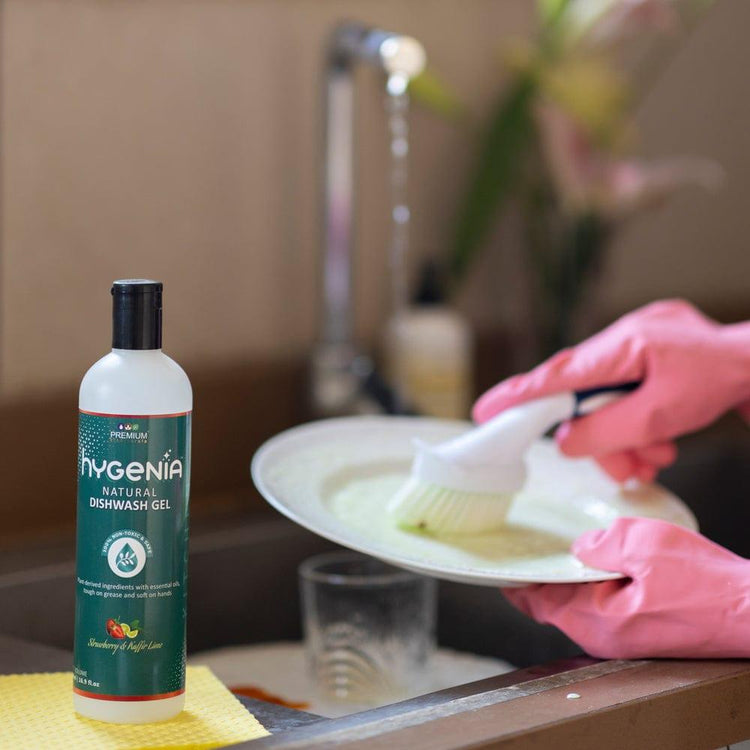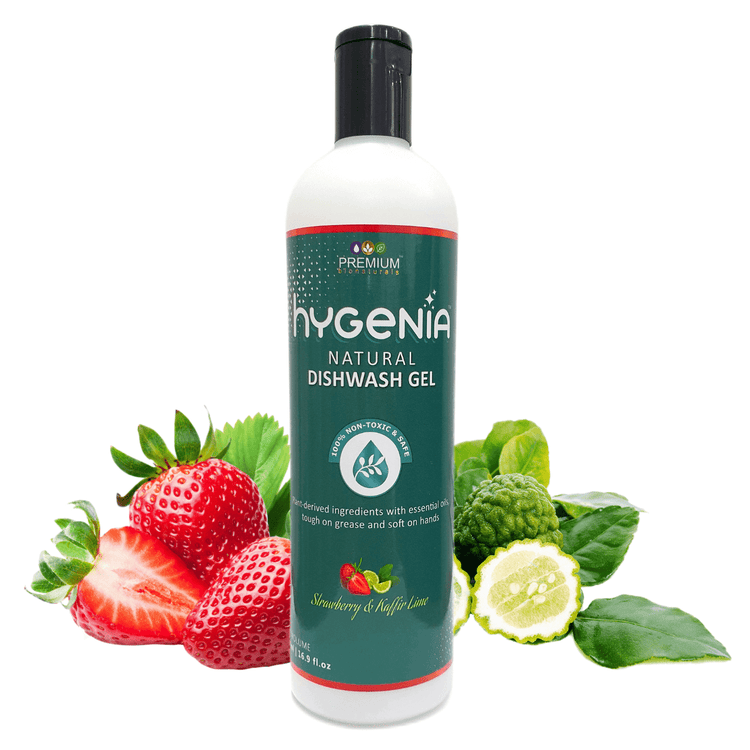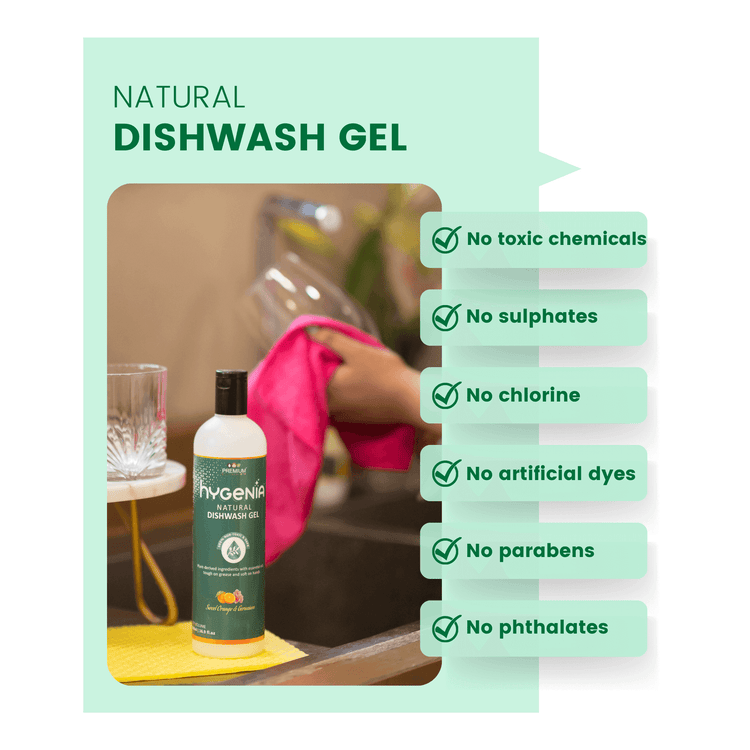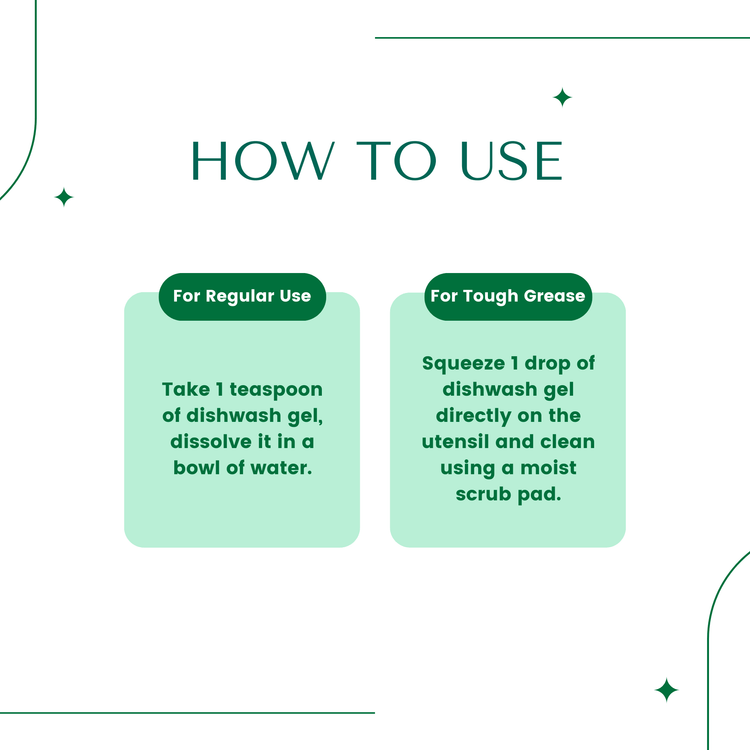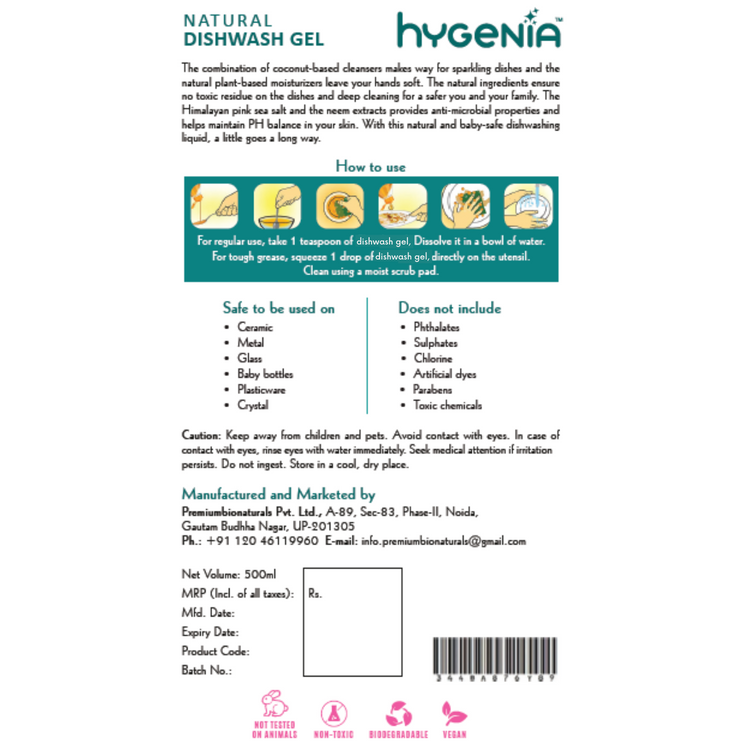For decades, dishwashing bars have been a kitchen staple—affordable, effective, and familiar. But in recent years, liquid dishwash (or dishwashing gels) has taken over supermarket shelves, promising better convenience, gentler cleaning, and modern formulations for sensitive skin.
So, should you make the switch? Let’s break down the pros, cons, and key differences between dishwashing bar vs dishwashing gel so you can decide what’s best for your kitchen, cookware, and hands.
Dishwashing Bar vs Dishwashing Gel: The Basics
Both dishwashing bars and gels are designed with the same ultimate goal—to clean utensils by removing grease, oil, and stubborn food residue—but they achieve this through slightly different approaches. When comparing dishwashing bar vs dishwashing gel, both have their strengths—bar soaps are often more eco-friendly, while gels offer gentler application.

Some people prefer the traditional, hands-on scrubbing that comes with bars, while others enjoy the convenience and ease of liquid gels. Knowing how each type works will make it easier for you to pick the one that aligns best with your cleaning habits, comfort, and kitchen needs.
-
Dishwashing Bars: Solid and compact, often more eco-friendly with minimal packaging.
-
Dishwashing Gels: Liquid formulas that spread easily, lather faster, and are often gentler on hands.
Understanding these core differences will help you choose the right option for your needs.
Advantages of Bar Dish Soap Over Gel

Even though liquid dishwashing gels have become more popular in recent years,. Bars often offer a more tactile cleaning experience, and because they are solid, they are easier to store and less prone to wastage.
For families looking for a budget-friendly and sustainable cleaning option, bars can be a surprisingly effective and reliable solution. Despite the rise of liquid dishwashers, many households still prefer bars for good reasons:
-
Reduced Plastic Waste – Most dishwashing bars use paper-based or biodegradable packaging, making them an eco-friendly dishwashing bar choice.
-
Longer Lasting – Solid bars don’t spill or get over-poured, so they can last longer.
-
Affordable – Typically more cost-effective compared to gels.
If sustainability is your priority, a bar might still win your heart.
Why Liquid Dishwashing Gel is Winning Over Kitchens

While traditional dishwashing bars have their loyal users, liquid dishwashing gels are quickly becoming the go-to choice for many modern kitchens. Liquid dishwash has gained popularity for its ease of use, especially in modern kitchens with delicate cookware and sensitive hands.
Many liquid formulas also come enriched with skin-friendly ingredients, making them a great fit for people who wash dishes frequently. This combination of practicality, comfort, and versatility explains why more homes are making the switch. On the flip side, liquid dishwashing gels bring undeniable convenience:
-
Even Application – Spreads easily across sponges and utensils.
-
Faster Lather – Requires less scrubbing effort.
-
Gentler Formulas – Many are designed as skin-friendly dishwashing gel options, perfect for people who wash dishes multiple times a day.
If you have dry or irritated hands, a gentle dish gel for sensitive skin—especially one that’s sulfate-free and pH-balanced—can make a world of difference. Try our Natural Dishwash Gel – Strawberry & Kaffir Lime for effective grease removal, a refreshing scent, and a skin-friendly formula that’s tough on stains but gentle on your hands.

Dishwashing Gel for Gentleness on Hands
For many people, the decision to switch from a bar to a liquid dishwashing gel comes down to one factor—comfort during daily use. Constant exposure to harsh cleaning agents can strip away the skin’s natural oils, leaving hands feeling dry, rough, and even cracked.
A dishwashing gel gentleness on hands approach uses milder cleansers and added moisturisers, making it ideal for daily use, without compromising cleaning power. This makes them ideal for households where dishes are washed multiple times a day, offering effective cleaning without the discomfort.
Eco-Friendly Options for Every Preference
Sustainability is no longer just a trend—it’s becoming a key factor in how people choose household products, including dishwashing solutions. Whether you prefer the familiarity of a bar or the convenience of a gel, eco-friendly choices are now widely available.
Bars often minimise environmental impact with paper-based or compostable packaging, while gels are increasingly sold in refillable bottles and made with biodegradable, plant-based ingredients.
Choosing such products means you can keep your kitchen spotless without leaving a heavy footprint on the planet. Whether you choose a bar or gel, there are eco-friendly options for both. Plus, dishwashing liquids aren’t just for your sink—check out our blog on 7 Surprising Ways to Use Dishwashing Liquid Beyond Washing Dishes for clever, time-saving hacks you can try at home.
-
Eco-Friendly Dishwashing Bar – Minimal packaging, biodegradable formulas.
-
Eco-Conscious Dishwashing Gel – Refillable bottles, plant-based surfactants, and cruelty-free certifications.
Making the switch doesn’t have to mean sacrificing performance—or the planet.
Final Verdict: Which Should You Choose?
If you value zero-waste living and longevity, a dishwashing bar might still be your best bet. But if you prioritise ease of use, faster cleaning, and gentle care for sensitive skin, a liquid dishwasher could be worth the switch.
Either way, choosing the right product means looking beyond just “bar vs gel” and considering skin health, environmental impact, and how often you’re at the sink.
Frequently Asked Questions
Q1) Is liquid dishwashing better than bar soap for cleaning dishes?
A) It depends on your needs—liquid gels are more convenient and gentler on hands, while bars are often more eco-friendly and long-lasting.
Q2) What are the pros and cons of dishwashing bar vs dishwashing gel?
A) Bars: Sustainable, affordable, long-lasting. Gels: Quick, gentle, and easy to apply.
Q3) Is a dishwashing gel more gentle on hands than bar soap?
A) Yes, especially if formulated for sensitive skin with mild surfactants.
Q4) What makes a dish gel suitable for sensitive skin?
A) sulfate-free, pH-balanced, and skin-friendly dishwashing gel with added moisturisers.
Q5) Are there eco-friendly dishwashing bar options that work as well as gels?
A) Yes! Many eco-friendly bars perform just as effectively, with the added benefit of minimal packaging.
Q6) Can I switch to a liquid dish wash without compromising on cleaning power?
A) Absolutely—modern dishwashing gels are designed to match or even exceed the cleaning efficiency of bars.


